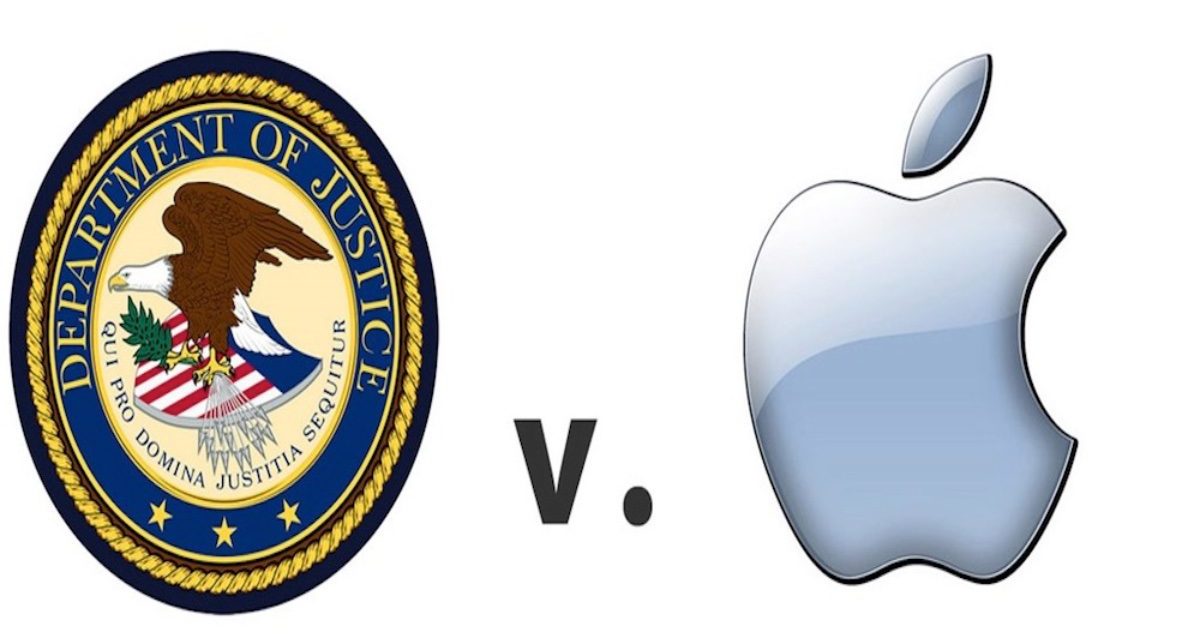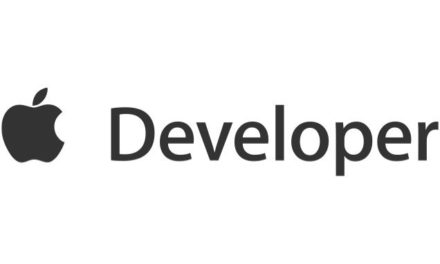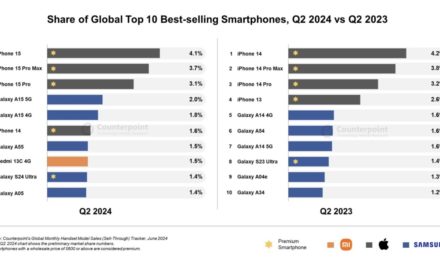President-elect Donald Trump has nominated Gail Slater to lead the antitrust division of the Department of Justice (DoJ).
In an announcement posted on Truth Social Wednesday, Trump said that the pick will help ensure that “competition laws are enforced, both vigorously and FAIRLY, with clear rules that facilitate, rather than stifle, the ingenuity of our greatest companies.”
During Trump’s first term, Slater served as the tech policy adviser on the National Economic Council. She currently advises the transition team on antitrust and tech policy and is the economic policy adviser to Vice President-elect JD Vance.
While the Trump administration is widely expected to be friendlier to mergers and acquisitions, it remains to be seen how lenient — if at all — his Justice Department will be when it comes to antitrust, considering that Trump has focused on encouraging innovation and technological advancement within the U.S., notes Quartz.
In May the DOJ filed the lawsuit, alleging that Apple monopolizes smartphone markets. From the DoJ announcement: The complaint, filed in the U.S. District Court for the District of New Jersey, alleges that Apple illegally maintains a monopoly over smartphones by selectively imposing contractual restrictions on, and withholding critical access points from, developers. Apple undermines apps, products, and services that would otherwise make users less reliant on the iPhone, promote interoperability, and lower costs for consumers and developers. Apple exercises its monopoly power to extract more money from consumers, developers, content creators, artists, publishers, small businesses, and merchants, among others. Through this monopolization lawsuit, the Justice Department and state Attorneys General are seeking relief to restore competition to these vital markets on behalf of the American public.
However, Apple says the case should be dismissed because the DOJ’s lawsuit doesn’t meet the legal standards required to prove a violation of Section 2 of the Sherman Act.
From Apple’s filing: Ultimately, this case is foreclosed by longstanding antitrust law. This Court should reject the Government’s invitation to forge a new theory of antitrust liability that no court has recognized, based on five disparate examples of Apple design choices that do not harm smartphone competition. And to the extent the Government seeks to use these five examples to seize unprecedented authority to control Apple design choices more broadly, the case is even more far-fetched. Such a sweeping rule, if recognized, would harm innovation and risk depriving consumers of the private, safe, and secure experience that differentiates iPhone from every other option in the marketplace. The complaint should be dismissed.
I hope you’ll help support Apple World Today by becoming a patron. Patreon pricing ranges from $2 to $10 a month. Thanks in advance for your support.
Article provided with permission from AppleWorld.Today





